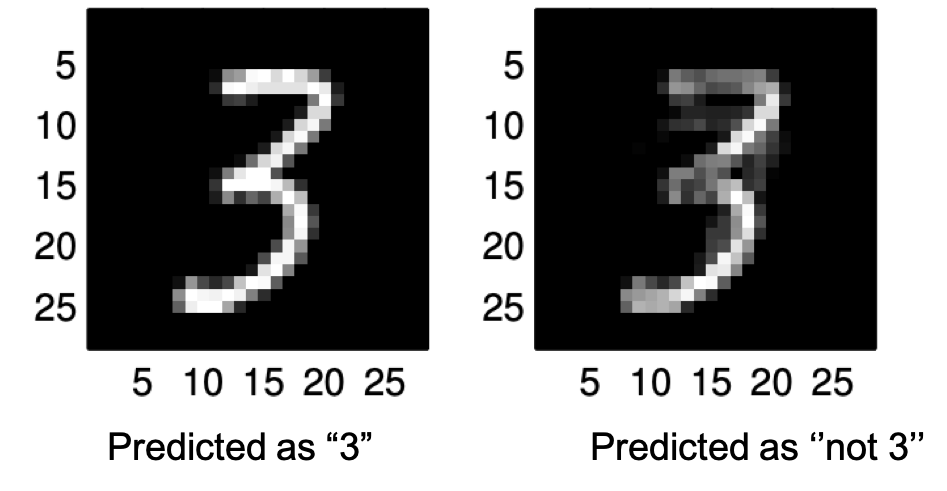Understanding the Importance of PET Scan Chest in Diagnosing Lung Conditions
#### What is a PET Scan Chest?A **PET scan chest** (Positron Emission Tomography) is a medical imaging technique that helps in diagnosing various conditions……
#### What is a PET Scan Chest?
A **PET scan chest** (Positron Emission Tomography) is a medical imaging technique that helps in diagnosing various conditions affecting the chest, particularly the lungs. This advanced imaging technology allows physicians to visualize metabolic activity in tissues, providing critical information about the presence of diseases such as cancer, infections, and other lung disorders.
#### How Does a PET Scan Work?
During a PET scan, a small amount of radioactive material is injected into the patient’s bloodstream. This tracer emits positrons, which are detected by the PET scanner. The scanner creates detailed images that show how tissues and organs function in real time. In the case of a **PET scan chest**, the focus is primarily on the lungs and surrounding structures, allowing for a comprehensive evaluation of any abnormalities.
#### Why is a PET Scan Chest Important?
The **PET scan chest** plays a crucial role in the early detection and diagnosis of lung cancer. It can identify malignant tumors that may not be visible through traditional imaging methods like X-rays or CT scans. Additionally, PET scans can help determine the stage of cancer, assess treatment effectiveness, and monitor for recurrence after treatment.
#### Conditions Diagnosed with a PET Scan Chest

Several conditions can be evaluated using a **PET scan chest**. These include:
- **Lung Cancer**: The primary use of PET scans in the chest is to detect lung cancer, assess its spread, and monitor response to treatment.
- **Infections**: Certain infections, such as pneumonia or tuberculosis, can also be diagnosed using PET scans, as they reveal areas of increased metabolic activity.
- **Interstitial Lung Disease**: This group of diseases affects the lung tissue and can be evaluated through PET imaging to assess inflammation and fibrosis.
- **Lymphoma**: PET scans are also useful in diagnosing and staging lymphoma, especially when it involves the chest area.
#### Preparing for a PET Scan Chest
Preparation for a **PET scan chest** is essential to ensure accurate results. Patients are usually advised to avoid eating or drinking for several hours before the procedure, as this can affect the uptake of the radioactive tracer. Additionally, patients should inform their healthcare provider of any medications they are taking, as certain drugs may interfere with the scan.
#### What to Expect During a PET Scan Chest?
During the procedure, patients will lie down on a table that slides into the PET scanner. The entire process typically takes about 30 to 60 minutes. Patients may feel some discomfort from the injection of the tracer, but the procedure is generally painless. After the scan, patients can resume normal activities, although they may be advised to drink plenty of fluids to help flush the radioactive material from their system.
#### Interpreting PET Scan Chest Results

Once the **PET scan chest** is complete, a radiologist will analyze the images and prepare a report for the referring physician. The results will indicate areas of increased metabolic activity, which may suggest the presence of cancer or other conditions. Based on these findings, the healthcare provider will discuss the next steps, which may include further testing or treatment options.
#### Conclusion
In summary, a **PET scan chest** is an invaluable tool in the diagnosis and management of various lung conditions. Its ability to provide detailed images of metabolic activity makes it particularly effective for detecting lung cancer, monitoring treatment response, and evaluating other chest-related diseases. If you or a loved one are experiencing symptoms related to lung health, discussing the possibility of a PET scan with your healthcare provider could be a vital step in ensuring timely and accurate diagnosis.
